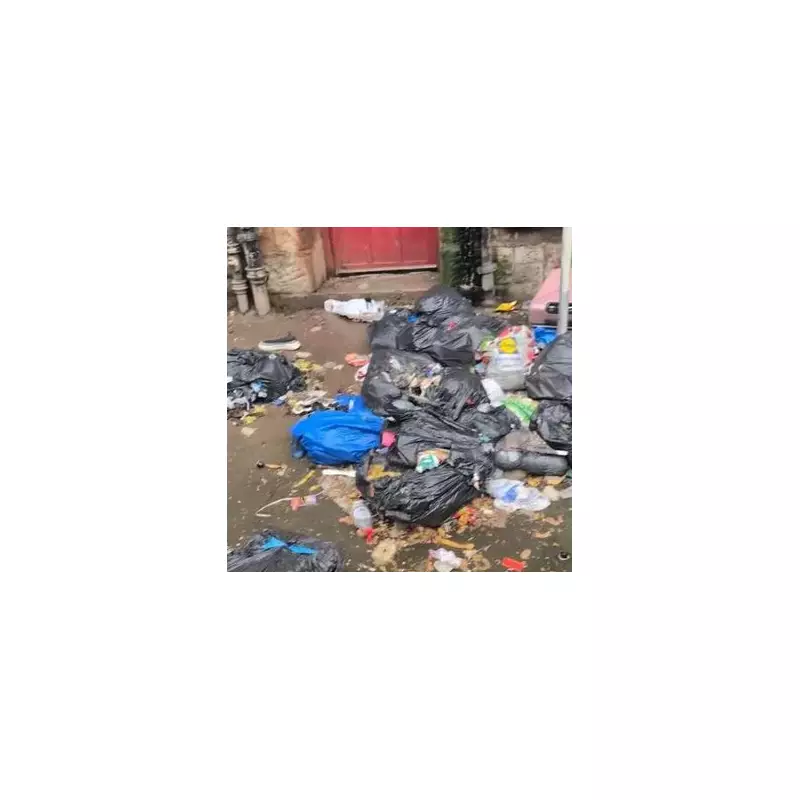
Refuse collectors in one of London's most affluent boroughs are facing what they describe as a 'biohazard nightmare' as dangerous medical waste increasingly appears in household bins.
Workers for Westminster City Council report encountering used needles, soiled dressings, and other clinical waste mixed with regular household rubbish, creating potentially life-threatening working conditions.
Daily Danger for Bin Crews
"We're finding needles that could be contaminated with anything, dressings covered in blood, and other medical items that should never be in black bin bags," one anonymous worker revealed. "It's only a matter of time before someone gets seriously injured or infected."
The situation has become so concerning that union representatives have demanded immediate action from council authorities to protect frontline staff.
Council Response and Safety Concerns
Westminster City Council acknowledged the issue, stating they're working to address the problem through public awareness campaigns about proper waste disposal.
"Clinical waste requires special handling and should never be placed in general household bins," a council spokesperson emphasised. "Residents who generate medical waste at home should contact the council to arrange for safe collection."
Despite these assurances, workers say the problem persists, with many residents either unaware of or ignoring proper disposal protocols for medical items.
Broader Implications for Public Health
The improper disposal of medical waste doesn't just endanger refuse workers—it poses broader public health risks. Contaminated items can spread infections and create environmental hazards when not handled correctly.
Union officials warn that without better public education and stricter enforcement, the situation could worsen, particularly as more people receive medical treatment at home.
Refuse workers are calling for clearer labelling on bins, better public information campaigns, and stronger measures against those who repeatedly endanger frontline staff through irresponsible waste disposal.






